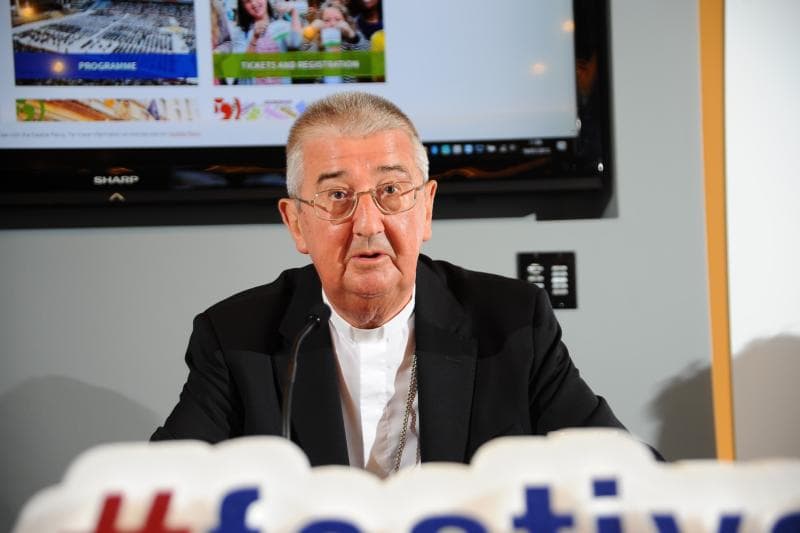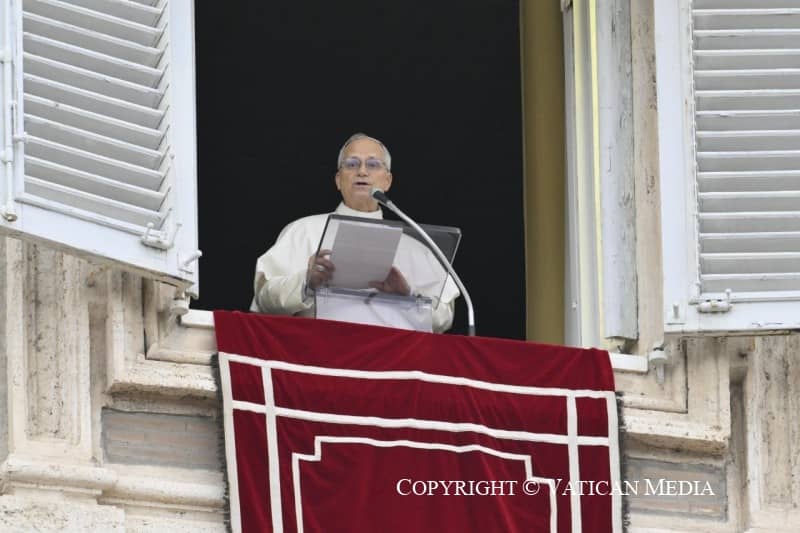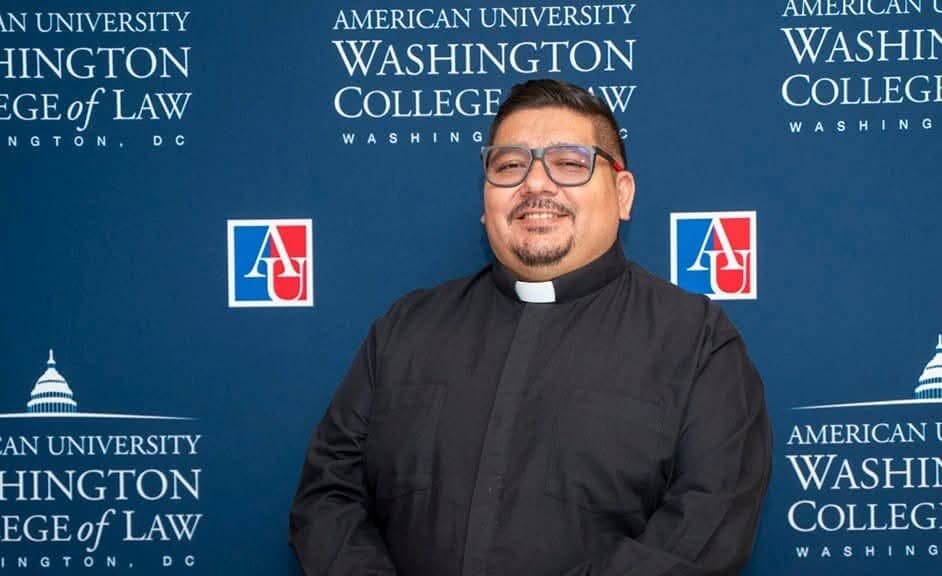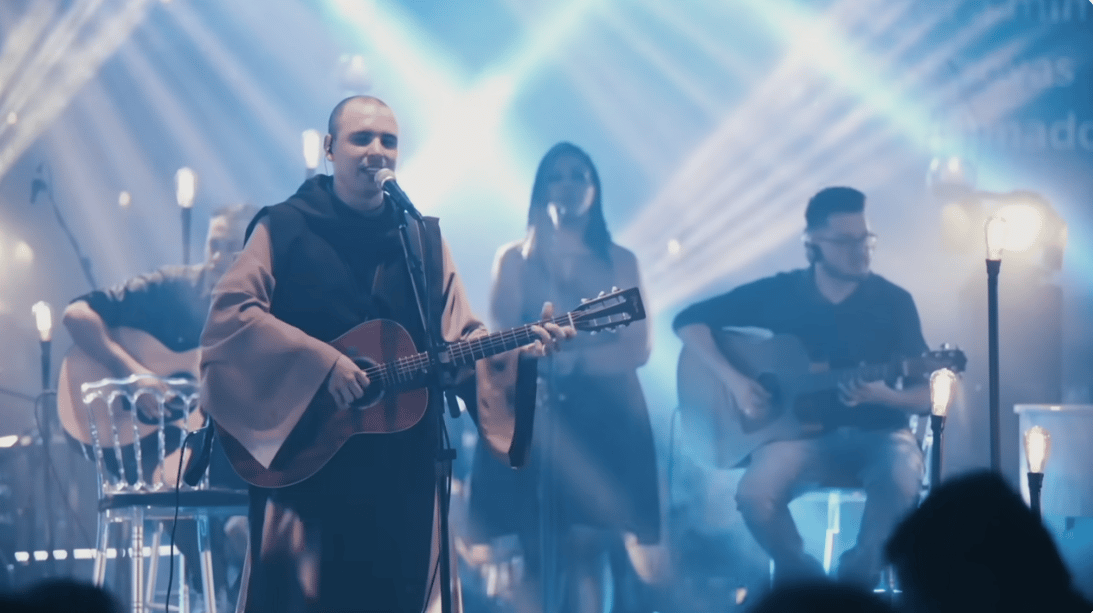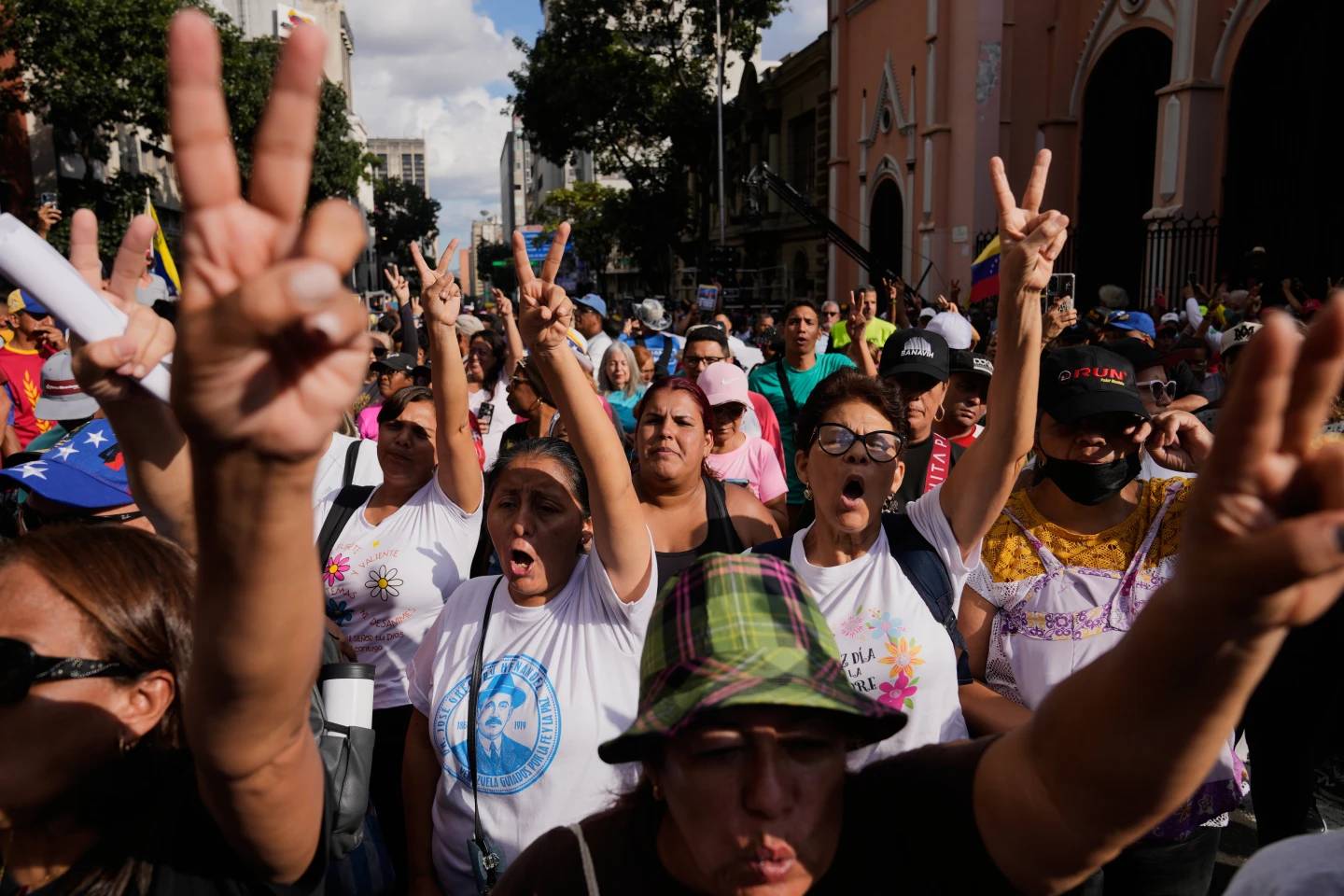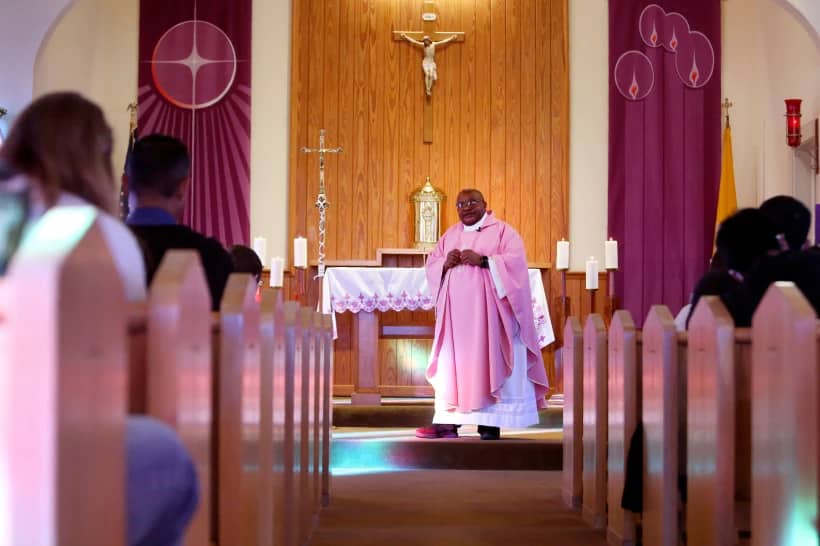LEICESTER, United Kingdom – A church that “fosters and perpetuates exclusion and marginalization is to that extent a God-less church,” according to the Archbishop of Dublin.
Archbishop Diarmuid Martin said God is not “a God just of rules and norms,” but a God “who prizes the freedom that enables each one of us to be the person that we are created to be.”
“Our God is the God of ultimate inclusion. Through our humble attempts to build inclusion, we reflect at least partially who our God is,” he said.
The Irish primate was speaking April 13 during the celebration marking the 175th anniversary of the arrival of the Society of Saint Vincent de Paul in Ireland. The charitable society was founded in France in 1833 and arrived in Ireland 11 years later. Today it has over 11,000 volunteers in the country, making it the largest voluntary charitable organization in Ireland.
Martin said the Society of Saint Vincent de Paul is “fundamentally in its inspiration about God,” but noted some people in Ireland “will immediately react that today the Society would feel itself much less denominational or evangelical than in the past.”
“Its activities are motivated by a different and more inclusive spirit of humanitarian concern and attempts to make our society a better and more caring one. It is a philosophy that is open to the participation of people of different convictions rather than any individual religious confession,” the archbishop said.
He also pointed out that in more recent times the society has moved beyond just providing services, “to one in which it has become a strong and respected advocate for a caring society,” and works to identify “the extent of poverty and the root causes of poverty and new forms of poverty” and is “a catalyst in fighting poverty alongside different actors in civil religious and political society.”
Martin said that while the advocacy of Society of Saint Vincent de Paul makes an important contribution to society, its advocacy “attains its particular credibility from the work of direct contact with the realities of poverty.”
“Today there is a correct sensitivity about using generic terms like ‘the poor’ as a sort of category. The poor are people, men and women and children young and old, in families or alone. There is today a preference to speak about ‘people living in poverty,’ a recognition of poverty as something that touches the lives and wounds the dignity of people who are trapped in marginalization. I personally would prefer to use the term not just ‘people living in poverty,’ but people who ‘long to break out from poverty,’” the archbishop said.
Speaking of his own childhood in a “poor Dublin,” Martin said “never would I have imagined that in the twenty first century we would be facing new expressions of poverty such as the current crisis of housing and the fact that thousands of children live the indignity of homelessness in our country.”
“Homelessness and poverty are truly an indignity and affront to the dignity of men and women and children who live in poverty. They are also an affront to the dignity of the society in which we live,” he said.
The archbishop said “the spirit of the society of Saint Vincent de Paul is in no way a sort of exaltation or glorification of poverty, but a recognition that poverty is an imposed impossibility for people to realize fully their God-given talents.”
